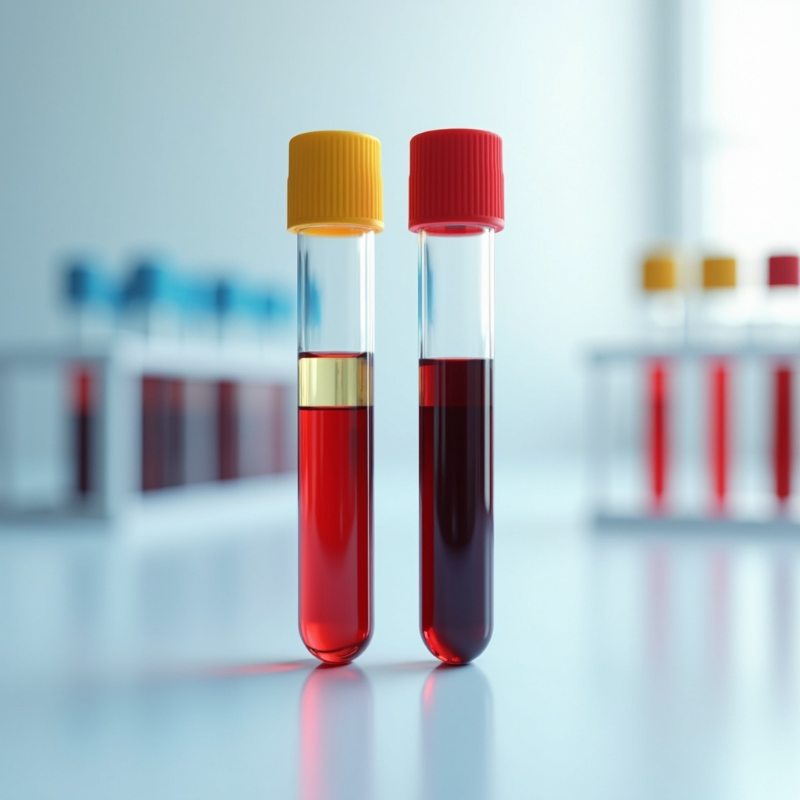
Description
HbA1c, or glycated hemoglobin, is a blood test that measures the percentage of hemoglobin in red blood cells that is bound to glucose. This test provides an overview of an individual’s average blood sugar levels over the past 2-3 months.
Importance:
The HbA1c test is essential for monitoring long-term glucose control in individuals with diabetes. It helps in assessing the effectiveness of diabetes management and indicates the risk of complications, such as neuropathy, retinopathy, and cardiovascular diseases, associated with poorly controlled blood sugar levels.
When is it done?
The HbA1c test is done to:
Diagnose diabetes and prediabetes: It is used to diagnose diabetes (HbA1c >= 6.5%) and prediabetes (HbA1c between 5.7% and 6.4%).
Monitor diabetes: For individuals with diabetes, it is performed periodically (usually every 3-6 months) to assess how well their blood sugar has been controlled over time.
Assess risk for complications: In long-term diabetes management, it helps in evaluating the risk of complications like kidney damage, nerve damage, and heart disease.
This test is a valuable tool for both diagnosis and ongoing management of diabetes, providing a clear picture of blood sugar levels over time.
You May Also like
Why choose us

Speed
On-time reporting with the best TAT in the industry.
Quality
Accredited centers: DHA, MOH, HAAD, CAP, ISO, JCI.
Accessibility
Extensive partner network & convenient home collection.
Satisfaction
35,000+ Satisfied Customers & 12+ Years of Trusted Service.























